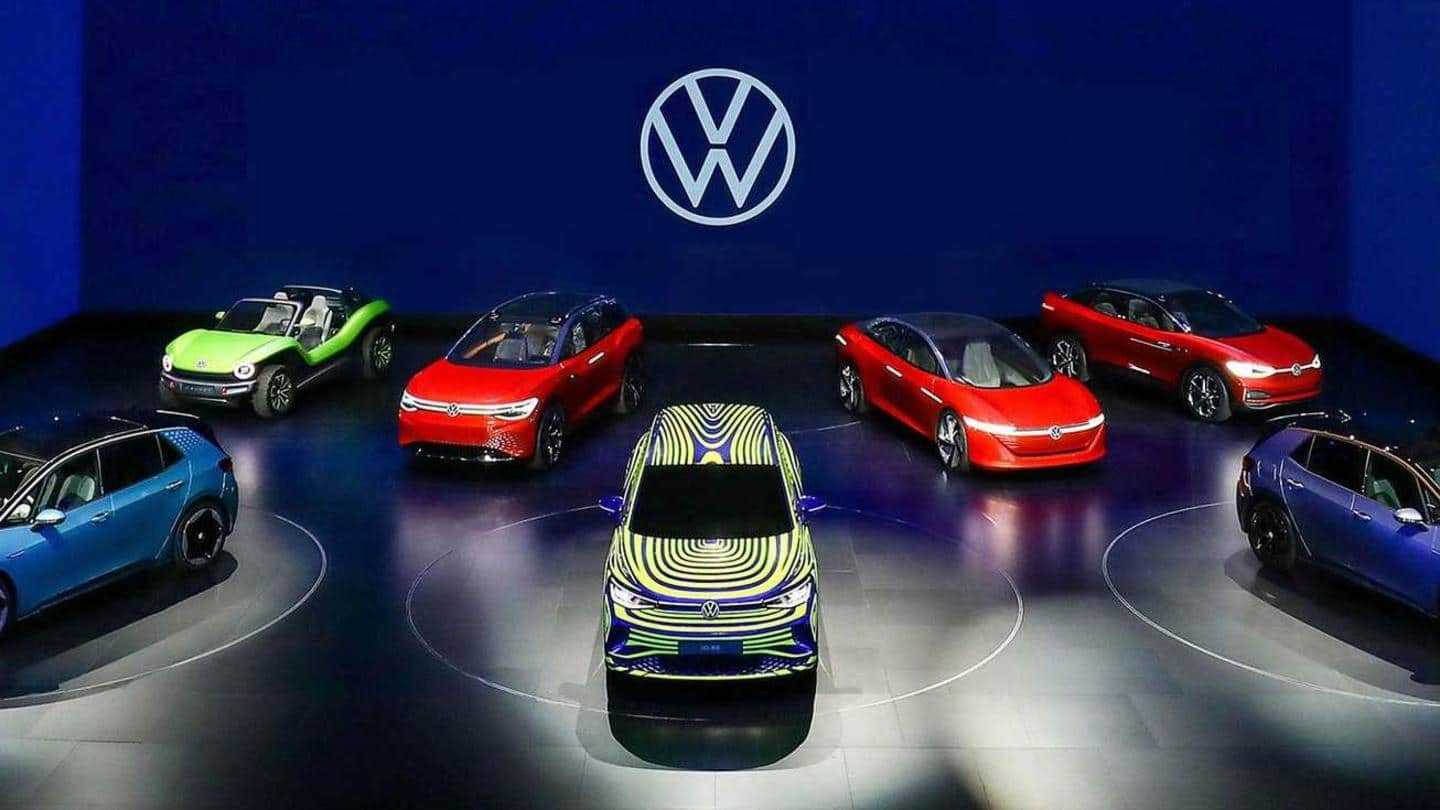
Volkswagen Group turns 84: A look at its milestones
What's the story
One of the world's biggest automaker, Volkswagen Group is celebrating its 84th anniversary today, i.e. May 28. On this day in 1937, the predecessor to the current company, "Gesellschaft zur Vorbereitung des Deutschen Volkswagens mbH," was established in Berlin. Over the decades, it has turned into a juggernaut with multiple brands, over 6.2 lakh employees, and 120 production sites on four continents.
Origins
The Beetle marked Volkswagen's entry in the automotive sector
In 1934, under the aegis of the National Socialist regime in Germany, the Reich Automotive Industry Association ordered Ferdinand Porsche to design a "German people's car." This vehicle was production-ready in 1938. Known as the 'Beetle,' it laid the foundation for the Volkswagen Group. More than 21.5 million units were produced and it became the most successful car of its time.
Stepping stone
Global operations started in 1947
Volkswagen began its global operations in 1947 when five Beetles were exported to the Netherlands. British influence on the company is undeniable. They transformed it into a civilian concern and handed it over to the German government in 1949. Besides the Beetle, Transporter van also paved way for the brand's expansion. High demand for both the models led to the construction of new factories.
Information
The company was privatized in 1960
Volkswagen set up foreign sales divisions in Canada and Brazil (Volkswagen do Brasil Ltda) in 1952 and 1953, respectively. In 1960, the company was privatized and changed into a stock corporation. At that time, it built 88,500 vehicles every year and had 64,100 employees.
Mergers
Transition into a multi-brand group started in 1965
In 1965, Volkswagen acquired Auto Union GmbH to become a multi-brand group. It merged with NSU Motorenwerke Aktiengesellschaft in 1969 to form Audi AG. From the mid-1980s, several brands such as SEAT, Porsche, MAN, Ducati, SKODA, Bugatti, Bentley, Lamborghini, and Scania, were consolidated under one roof. In 2016, Volkswagen has also launched a new company called MOIA which deals with mobility services.
Innovation
Switching from air-cooler to water-cooled engines marked a technological shift
The biggest technological milestone in the brand's history happened in the early 1970s when it switched from air-cooled to water-cooled engines and rear-wheel to front-wheel drive. It was around this time that the Golf model rose to prominence. With an entire category of cars named after it and over 33 million units sold to date, it quickly became the spiritual successor to the Beetle.
New vision
Project Trinity is Volkswagen's vision for the future
Volkswagen has decided to become a market leader in sustainable mobility. Consequently, it has introduced promising hybrid and battery-powered vehicles, and is working on Project Trinity - an electric car capable of Level 4 autonomous driving and ultra-fast charging. Other goals of the project include turning the vehicle into a software-based product, reduce barriers to individual mobility, and generate extra revenue from software-based operations.